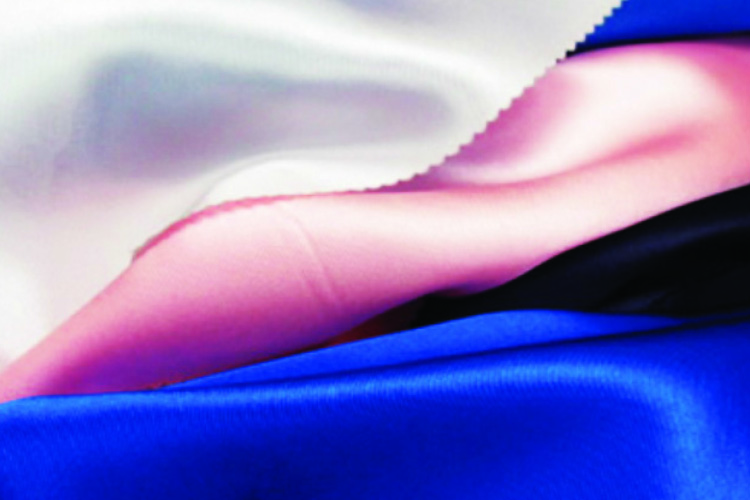In my previous article I wrote about the fact that what is natural may not always be good. I also suggested that what is unnatural can be good. This smacks of hubris.
Are humans smarter than Mother Nature?
I’m not suggesting that at all. But I am suggesting that humans are fully capable of using the good things that Mother Nature has supplied us with to produce other good things. Take musical instruments, for example. To be sure, Mother Nature has given each of us an amazing instrument—the larynx, or the human voice box. No doubt, the larynx alone can produce wonderful music. But imagine a world where the human voice cannot be accompanied by the man-made piano, violin, or flute. It’d be a much less wonderful world, wouldn’t it?
The same is true for clothing materials. It is possible, in theory, for humans to create good clothing materials. And thankfully, what is theoretically possible is now reality. But not all man-made clothing materials are good for us and our planet. In this article I wish to write about two man-made fibres, one bad and the other good.
As mentioned in my first article, cotton is one of the world’s best-loved clothing materials. The other highly popular clothing material is polyester.
Polyester is man-made and has good properties. For example, it is durable and it dries fast after washing—that’s because it’s not particularly absorbent to begin with. But I cannot, in my good conscience, recommend polyester for three reasons. First, it is derived from petroleum, which is a non-renewable resource. Second, the extraction of petroleum can be environmentally damaging. Third, most polyesters are not biodegradable, which is bad for Earth. For these reasons, I cannot and will not recommend polyester.
I can, however, recommend another man-made clothing material and not have sleepless nights because of a guilty conscience.
It’s called Tencel.
Tencel is delightfully soft and smooth. It keeps you cool and dry by absorbing a large amount of moisture whilst remaining dry on the surface. What’s more, it can absorb up to 50% more moisture than cotton. Polyester can’t do this. It’s practically non-absorbent, so the moisture remains on the surface.
Moisture on the skin is a breeding ground for bacteria. Because it can manage moisture so well, Tencel protects us by inhibiting bacterial growth naturally. This is noteworthy because bacteria can contribute to skin problems. Polyester can’t help us here. When we wear polyester, our sweat stays close to our bodies; and when this situation persists, bacteria will grow and break down the invisible fats found in our sweat, giving off an unpleasant fragrance.
Unlike polyester, Tencel is derived from a renewable resource. It’s made from cell eucalyptus wood harvested exclusively from forest plantations which practice sustainability. As a matter of fact, a significant portion of the raw material is FSC-certified. Not many people are familiar with the FSC, or the Forest Stewardship Council.
It’s a globally trusted organization that promotes responsible forest management (e.g. appropriate harvesting rates and techniques, non-chemical methods of pest management, etc.) and many independent individuals and organizations—Greenpeace, the World Wide Fund for Nature (WWF) and renowned environmentalist Jared Diamond, among them—have endorsed it.
Tencel is made by an Austrian company called Lenzing.
To produce Tencel, Lenzing employs a closed-loop process that redirects the waste products back into production, resulting in virtually no waste. This process is so green that it received the prestigious European Award for the Environment. On top of that, the Lenzing factories that produce Tencel are certified Oeko-Tex Standard 100 (Class 1)—this is the highest standard for human ecological safety and it’s safe enough for babies.
That, in brief, is the Tencel story. It’s a great story about a great clothing material. Sadly, not many people have heard it. Which is rather unfortunate. I thus felt duty-bound to tell it. And if it has had any positive impact on you, I hope you’ll help spread the word as well.
















